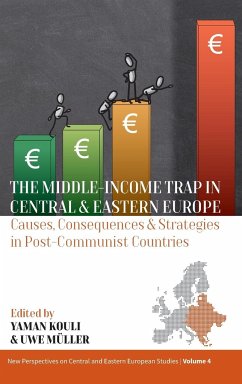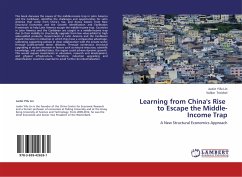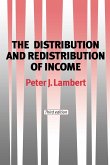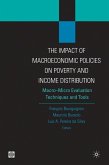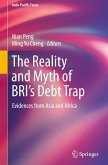Since the 1990s, the economic development of Central and Eastern Europe has maintained high economic growth rates, seemingly leading to an era of prosperity. This very positive vision of future economic success, linked to current political backlash and a long history of economic adversity, is a thin veil of the economic "way west" for so-called transition countries. The Middle-Income Trap in Central and Eastern Europe examines the reality of the diminishing marginal utility of further international investments alongside the pitfalls of higher government spending to cultivate innovation which ultimately makes foreign capital less attractive. In this volume authors from diverse disciplinary perspectives reflect on current debates surrounding the developmental bottlenecks in East-Central Europe. Their common goal is to analyze the manner of socio-economic transformation, question of the relevance and impact of the "middle-income trap" and identify possible ways to escape it.

